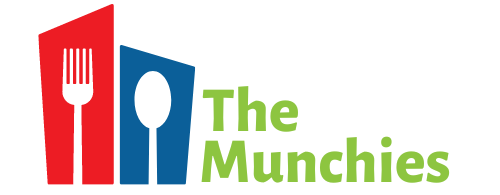

Cycling Diet Plan: Fueling Your Rides for Peak Performance
Cycling is not just a sport or a means of transportation; it is a physically demanding activity that requires strategic nutritional planning to enhance performance, endurance, and recovery. Whether you are a beginner or a seasoned cyclist, a well-balanced diet plays a crucial role in maintaining energy levels and optimizing physical output.
The Role of Nutrition in Cycling Performance
A cyclist’s body primarily relies on carbohydrates for energy, proteins for muscle repair, and fats for long-term endurance. Hydration is equally important, as dehydration can lead to decreased performance and increased fatigue (Burke, 2019). According to WebMD (2023), understanding macronutrient distribution helps in achieving a well-rounded diet to support cycling activities.
Macronutrient Breakdown for Cyclists
- Carbohydrates:
- Carbohydrates are the primary energy source for cyclists. They should constitute 50-60% of the daily caloric intake.
- High-intensity rides require 6-10 grams of carbohydrates per kilogram of body weight per day (Jeukendrup, 2017).
- Good sources include whole grains, fruits, vegetables, and legumes.
- Proteins:
- Essential for muscle recovery and repair.
- Cyclists should consume 1.2-2.0 grams of protein per kilogram of body weight daily (Phillips & Van Loon, 2011).
- Lean meats, dairy, eggs, and plant-based proteins like tofu and lentils are recommended.
- Fats:
- Healthy fats provide sustained energy, especially during long-distance cycling.
- Recommended sources include avocados, nuts, seeds, and olive oil.
Carb Cycling: A Strategic Approach
Carb cycling is a method that involves alternating between high and low carbohydrate intake to optimize performance and fat metabolism. On high-intensity training days, cyclists should consume more carbohydrates, while on rest days, a lower carb intake can help in weight management (WebMD, 2023).
Sample Nutrition Plan for a Long Ride
Pre-Ride Meal (3-4 hours before):
- Oatmeal with honey and banana.
- Whole grain toast with avocado and poached eggs.
During the Ride:
- Consume 60-90 grams of carbohydrates per hour (sports drinks, bananas, energy gels).
Post-Ride Recovery (within 30 minutes):
- Protein shake with carbohydrates.
- Balanced meal with lean protein, quinoa, and vegetables.
Hydration: Key to Optimal Performance
Hydration plays a significant role in maintaining energy levels and preventing fatigue. Cyclists should drink water consistently throughout the day and include electrolyte-rich beverages during extended rides (Burke, 2019).
Conclusion
A proper cycling diet plan ensures improved endurance, better recovery, and optimal performance. By following a strategic nutrition and hydration plan, cyclists can enhance their training and achieve their fitness goals.
References
Burke, L. M. (2019). Practical Sports Nutrition. Human Kinetics.
Jeukendrup, A. E. (2017). Periodized Nutrition for Athletes. Sports Medicine, 47(Suppl 1), 51-63.
Phillips, S. M., & Van Loon, L. J. C. (2011). Dietary Protein for Athletes: From Requirements to Optimum Adaptation. Journal of Sports Sciences, 29(S1), S29-S38.
WebMD. (2023). Carb Cycling Overview. Retrieved from https://www.webmd.com/diet/carb-cycling-overview

